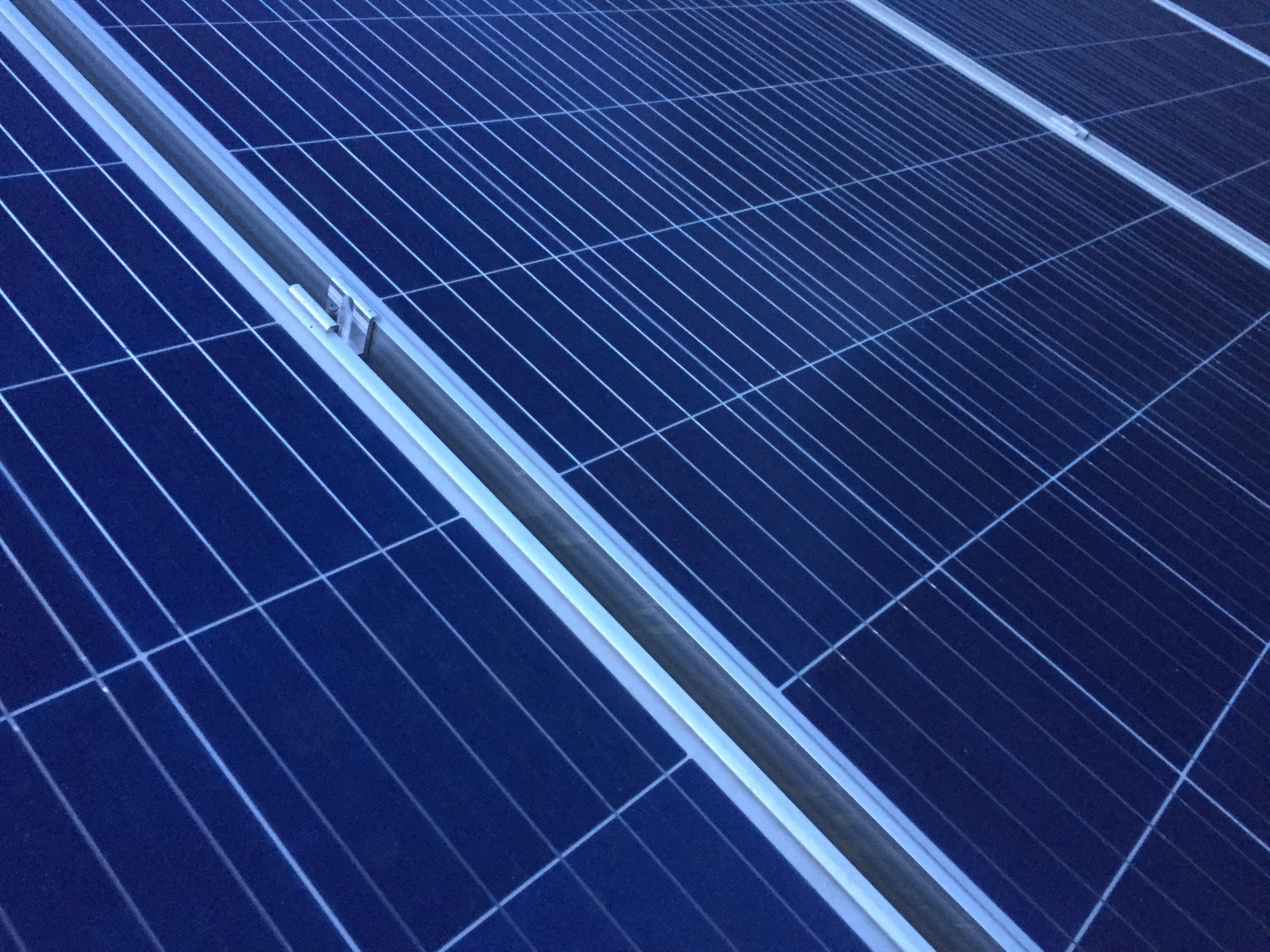Can installing solar panels impact the value of your home?
Research shows that solar panels can add around 4.1% to a home's value - and even up to 38% in some parts of England. Improving your property's overall energy efficiency could help you add up to £60,000 to your home's value, and lower your household bills by up to £2,000 every year.
With energy bills on the rise and the need to act against the climate crisis bigger than ever, who wouldn't want to buy a home with better energy efficiency than the average property, that can save you money on your energy bills every month?
